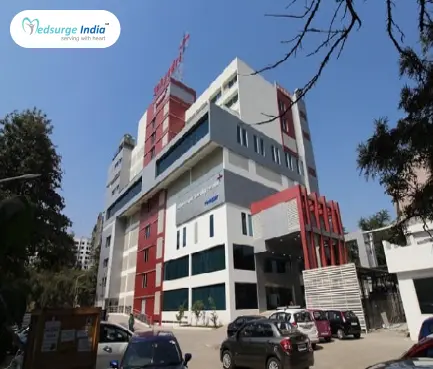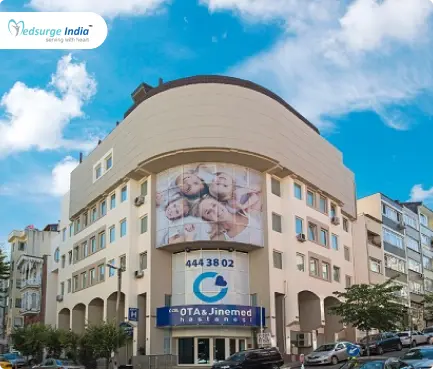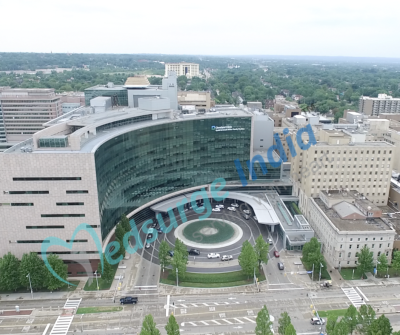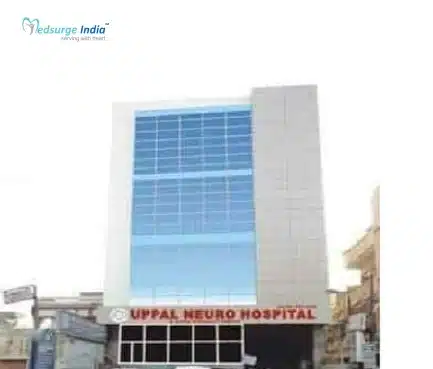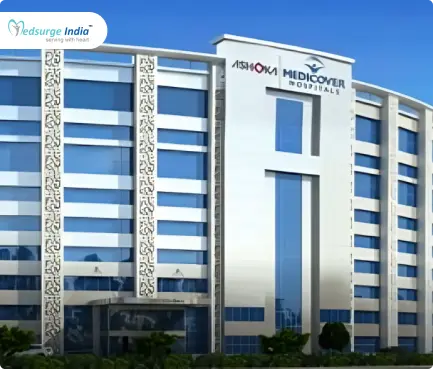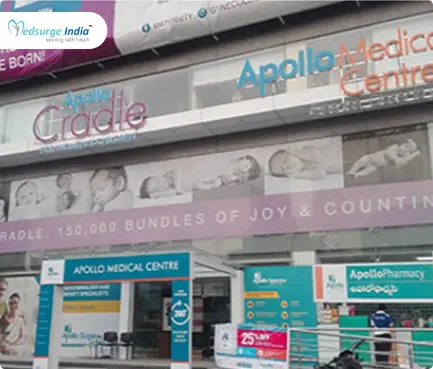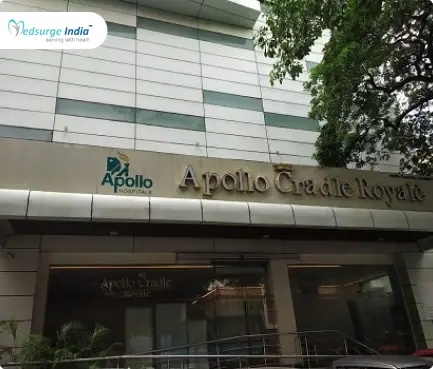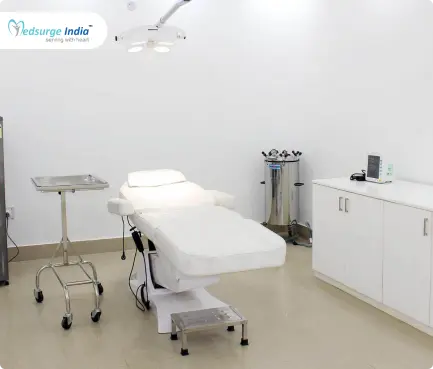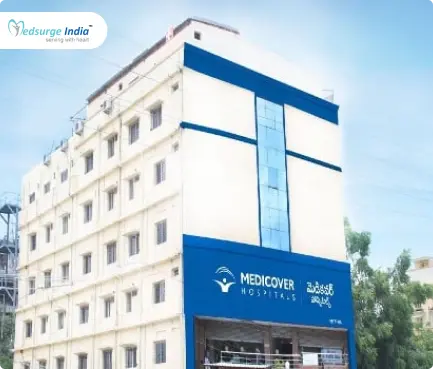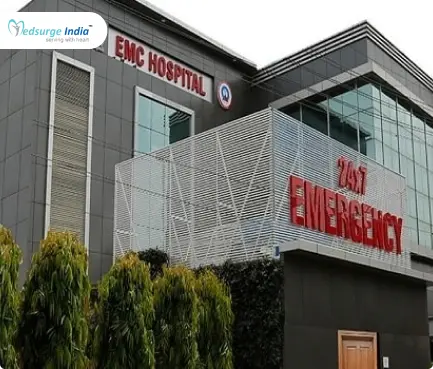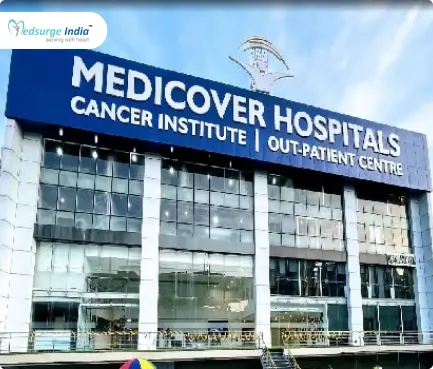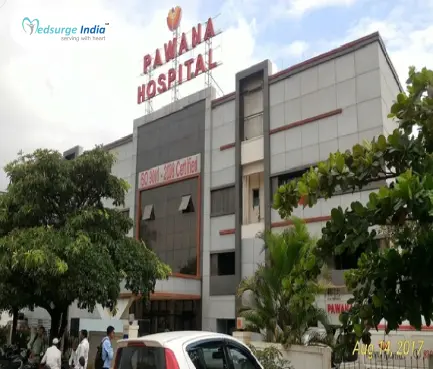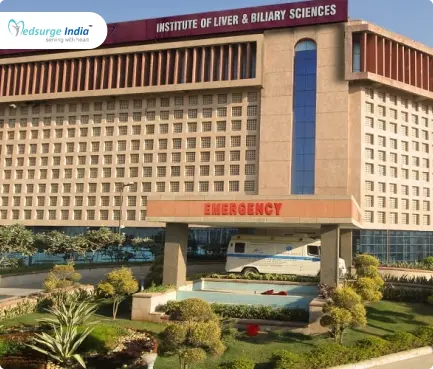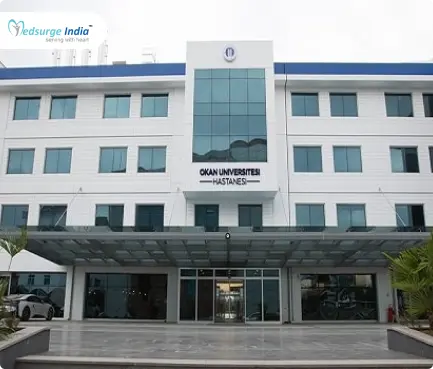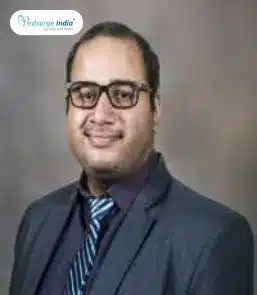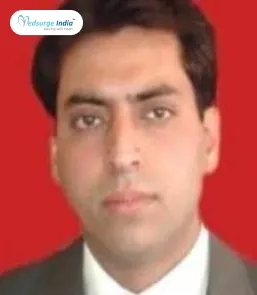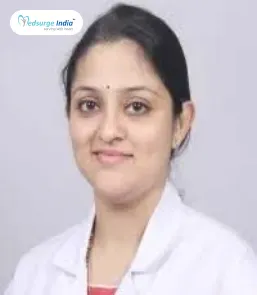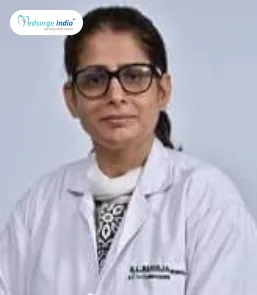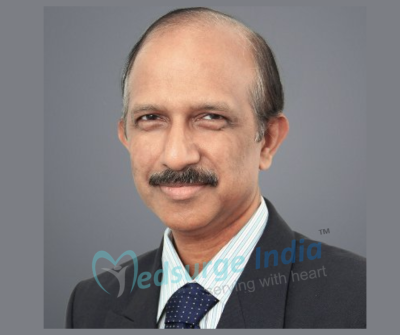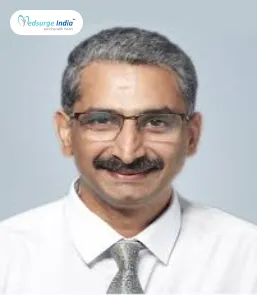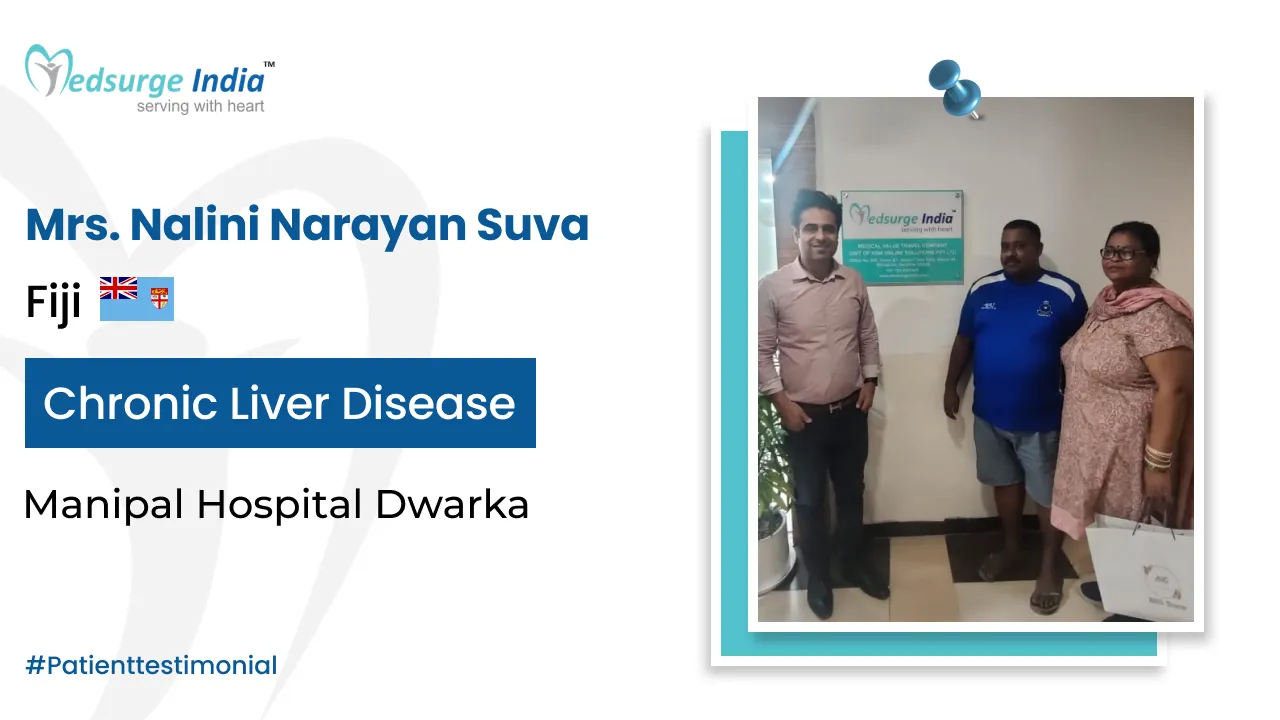
Bone marrow transplantation (BMT) is a special therapy that filters and transfuses healthy bone marrow cells taken from your child or another person until the unhealthy cells in your child are extracted. The aim of this is to replace your child’s diseased bone marrow with healthy ones, thus healing your child from diseases or cancer. The soft, spongy substance within the bones that creates healthy blood cells is the bone marrow. The purpose of the bone marrow is to produce and store most of the blood cells in the body. Three primary types of blood cells exist, namely
- Red blood cells (erythrocytes) – They carry oxygen to the tissues in the body
- White blood cells (leukocytes) – They fight infections and aid the immune system
- Platelets – They help with blood clotting.
Indications for Bone Marrow Transplant
A Pediatric Bone marrow transplant is needed when the child goes through conditions such as:
- When the child’s bone marrow has been damaged or destroyed due to intense treatments from radiation or chemotherapy
- Leukemia
- Thalassemia
- Lymphomas
- Tumors like brain tumors, neuroblastoma
- Sickle-cell disease
- Immune deficiencies
- Diamond Blackfan anemia
- Cancer of the kidneys
- Metabolic/storage disease
Diagnosis and Tests
- Echocardiogram
- ECG
- Chest X-Ray
- Dental checks
- Audiology tests
- Lung function
- GFR (Glomerular Filtration Rate)
- Chest CT Scan
- Blood tests
- Total Body Irradiation (TBI) planning
Tests for Donors
- Medical examination for fitness
- Blood tests
- ECG
- Chest X-Ray
- Genetic analysis
- Exposure to viruses
Paediatric Bone Marrow Transplant Cost in India is cheaper than in any western country.
Paediatric Bone Marrow Transplant Cost in India
On an average Paediatric Bone Marrow Transplant Cost in India starts from USD 18000. The cost of the treatment will vary depending of various other factors.
Paediatric Bone Marrow Transplant Cost In Different Parts of India
| Cities | Starting Price |
| Delhi | USD 18000 |
| Gurgaon | USD 18000 |
| Noida | USD 18000 |
| Mumbai | USD 18200 |
| Hyderabad | USD 18100 |
| Chennai | USD 18000 |
| Kolkata | USD 18000 |
| Bangalore | USD 18300 |
Please note that the pricing and the treatment for Paediatric Bone Marrow Transplant cost in India will vary depending on the patient’s choice and other various factors.
Factors That Can Affect Paediatric Bone Marrow Transplant Cost in India
The following here are some variables that can affect Paediatric Bone Marrow Transplant Cost in India:
- Medication costs.
- Duration of treatment.
- Geographical location.
- Hospitalization expenses.
- Government policies and subsidies.
- Medical tourism packages.
- Hospital reputation and infrastructure.
- The expertise and experience of medical professionals.
- The type and frequency of diagnostic procedures.
- The choice of treatment modality.
In addition, the quality and level of medical care and facilities offered are on par with renowned healthcare institutions worldwide, even after factoring in the costs of accommodation, meals, and transportation. Moreover, under the guidance of highly proficient doctors, Medsurge India ensures that patients receive the most affordable Pediatric Bone Marrow Transplant Cost in India.
Get Free Cost Estimation
Procedure
Paediatric Bone Marrow Transplant Procedure
Before Procedure:
- Your youngster will get a thorough medical history examination.
- A comprehensive physical examination is also performed.
- There will be diagnostic testing performed.
- The bone marrow transplant experts will assess your child’s health and weigh the risks and advantages of the procedure.
- You’ll need to take your child to the hospital multiple times for hydration, examination, and other procedures. It could take up to ten days.
- A catheter is surgically implanted in a vein in the chest that will be used to administer blood products and drugs.
- Once a match is found, the donor will undergo a series of testing before the cells are harvested by bone marrow harvesting.
- The donor will be given a general anesthetic to ensure that he or she is pain-free during the cell collection operation.
During Procedure:
- Procedure for bone marrow transplant depends on the type of transplant, disease, and medical condition of your child
- An ablative therapy or myeloablative is performed wherein high doses of chemotherapy and/or radiation will be given to eliminate all unhealthy cells and make grow for the new cells to grow and function
- The next step is the transplant. The cells are intravenously transfused into the bloodstream through the catheter. These cells will find their way into the bone marrow and start reproducing and growing healthy blood cells
- The day of transplant is counted as day 0 while the days before the transplant are counted as minus (-) and the days after the transplant counted as plus (+)
- During the infusion, your child may experience pain, chills, fever, chest pain, and hives
- Your child will be vulnerable to infections, side effects, and other complications and will be monitored closely.
After Procedure:
- Engraftment of the cells may take between 15 and 30 days after the transplant depending on the type of disease and transplant being done
- Blood tests will be taken daily to count the blood cells
- During this time, your child will be given several medicines and antibiotics
- Your child will need blood transfusions
- Engraftment can be delayed because of infections, graft failure, and medications.
- Experience temporary emotional or psychological distress
- It may take months to years for the entire immune system fully recover
- It may also take several months to stay in the hospital.
Risks and Complications
- Each child may experience different symptoms and complications differ depending on factors like:
- Type of bone marrow transplant
- Type of disease
- Age and overall health of the child
- Preparative regimen
- Compatibility of tissue between donor and recipient
- Presence of severe complications.
Complications that could happen are:
- Infections
- Pain
- Low platelets and low red blood cells
- Respiratory problems
- Graft-versus-host-disease (GVHD)
- Graft failure
- Fluid overload
- Nausea, vomiting, and diarrhea
- Organ damage
Factors Affecting the Cost of a Pediatric Bone Marrow Transplant
- The type of disease
- The type of transplant
- Location of the hospital
- Choice of the hospital
- Diagnostic tests
- Medical care
- Duration of stay in the hospital
The Most Important Frequently Asked Questions
Q: What Is the Role of the Marrow in the Bone?
A: Bone marrow is a soft spongy substance responsible for producing healthy blood cells within the bones of our body.
Q: How Is a Bone Marrow Transplant Going to Support My Kid?
A: The purpose of a bone marrow transplant is to cure the life-threatening illness of your child by replacing the unhealthy diseased cells with healthy cells taken from either your own child’s or a donor’s.
Q: What Sort of Transplants Are Available for Bone Marrow?
A: Three forms exist, namely,
- Autologous transplant of the bone marrow-cells taken from the child’s.
- Transplantation of allogeneic bone marrow-cells taken from the donor.
- Blood transplantation of the umbilical cord: cells drawn from the umbilical cord.
Q: What Kind of Bone Marrow Transplant Is Most Appropriate for My Child?
A: This will depend on many variables, such as:
- Disease type
- Age and your child’s overall health
- Seeking a donor that suits.
Q: Is My Child Going to Get a Matching Donor?
A: A sister or brother may have found a matching donor. Otherwise, a parent’s cell might match the child’s or be found with similar genetics from an unrelated donor.
Q: How Is a Bone Marrow Transplant Successful?
A: Your child’s transplant success depends on factors such as overall health and age, type of illness, type of transplant, donor viability, whether an infection has been contracted or not.
Q: What Is Encryption?
A: It is the phase in which transplanted cells begin to create new blood cells in the body of your infant. The first symptom of engraftment is an increase in the number of blood cells.
Q: Will the Transplant Be a Painful One?
A: A general anesthesia will be given when preparing your child for the transplant to provide a catheter to extract the cells. There’ll be no pain felt. However, your child can be affected by the side effects of chemotherapy and/or radiation, both of which are reversible. For any other diseases or complications, drugs will be given. For prevention and treatment, your child will be closely watched.
Q: How Long Is the Stay at the Hospital?
A: It may take a month or more, depending on your child’s health, transplant response and process of engraftment.
Q: When Will We Travel for the Long Haul?
A: Traveling can be taken into account only if your child has a normal blood count and has healed well. Before making plans, it is recommended to speak with your doctor. In addition, for the best benefit, it will be good to familiarize patients traveling on board with airline policies.
Q: Do I Need to Have a Yellow Fever Vaccination Certificate with Me When I Fly to India?
A: All right. If you are from Africa, South America, or another region where yellow fever is present. Click here to search the list of nations. Adults and children must both possess the certificate.
Q: Do I Require an Oral Polio Vaccination Certificate?
A: All right. All tourists from Afghanistan, Pakistan, Kenya, Ethiopia, Nigeria, Somalia, and Israel must have an Oral Polio Vaccination Certificate (OPV), which must be obtained no more than 6 weeks before to admission. This law safeguards both adults and children.
Q: If I Fly to India for Treatment, Will I Be Able to Get a Visa on Arrival?
A: If you’re from Japan, Cambodia, Finland, Indonesia, the Philippines, Luxembourg, Myanmar, New Zealand, Singapore, South Korea, or Vietnam, the answer is yes. Travelers from Bhutan, Nepal, and the Maldives can visit India for up to 90 days without a visa.
Q: What Are the Conditions for Obtaining a Medical Visa in India?
A: You can apply for a medical visa to India if you have a valid passport and visa and are seeking medical treatment in a recognised and reputable facility in India. Under separate attendant visas, the patient can be accompanied by up to two blood relations.
Top Hospitals for Paediatric Bone Marrow Transplant in India
Top Doctors for Hematology
Dr. Mahesh Rajashekaraiah
Head of Department
Experience: 14 years of experience
Sparsh Hospital (Yeshwanthpur) Bangalore
Bangalore, India
Dr. Gaurav Kharya
Senior Consultant , MBBS, DCH, DNB, Fellowship
Experience: 18 years of experience
Indraprastha Apollo Hospital, New Delhi
New Delhi, India
Dr. Neema Bhat
Consultant
Experience: 13 years of experience
BGS Gleneagles Global Hospitals, Bangalore
Bangalore, India
Dr. Mukesh Kumar Sharma
Senior Consultant
Experience: 23+ years of experience
NH MMI Narayana Superspeciality Hospital, Lalpur, Raipur
Raipur, India
Dr. Shilpa Prabhu
Consultant
Experience: 13+ years of experience
Mazumdar Shaw Medical Centre
Bangalore, India
Dr. Shishir Seth
Consultant , MBBS, MD, DM, Fellowship
Experience: 15 years of experience
Indraprastha Apollo Hospital, New Delhi
New Delhi, India
Dr. Ruchira Misra
Consultant
Experience: 11 years of experience
Fortis Memorial Research Institute, Gurgaon
New Delhi, India
Dr. Chezhian Subash
Consultant , MBBS, MRCP, FRCP
Experience: 25 years of experience
Chennai , India
Dr. Mallikarjun Kalashetty
Consultant
Experience: 15 years of experience
Manipal Hospital (Old Airport Road) Bangalore
Bangalore, India
Dr. Prabu P
Consultant
Experience: 15+ years of experience
Apollo Hospitals, Greams Road, Chennai
Chennai, India

